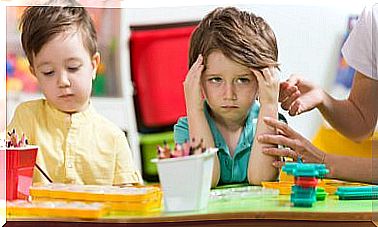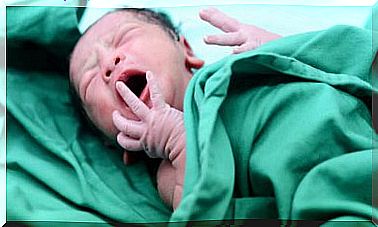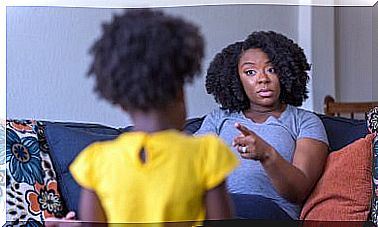Divorce With Children And Mortgage, Legal Aspects

After a divorce, there are many things to decide. The end of life together involves different aspects such as child custody, alimony, use of the family home, etc.
In addition, there are also property issues that have to be resolved by the spouses. Examples are the payment of a mortgage, loan or outstanding bills.
And of course, none of this is straightforward. The breakup of the couple, generally, generates tensions and arguments, and agreeing on all these things can be very difficult.
It is important to find out about these issues beforehand so as not to have unpleasant surprises at the time of an eventual divorce. Next, we will see some elements to know the legal aspects about divorce with children and mortgage.
Who should pay the mortgage after the divorce?
After a divorce, if there is a mortgage, it must continue to be paid by the people who signed the deed before the divorce, usually the two spouses. The debt with the bank has nothing to do with the relationship that exists between the people who asked for the money.
In practice, these are two completely different types of legal relationships. The first is the relationship of the debtors with the bank. And the second is the relationship of those who requested the loan with each other, in this case, the marriage bond that has been broken.
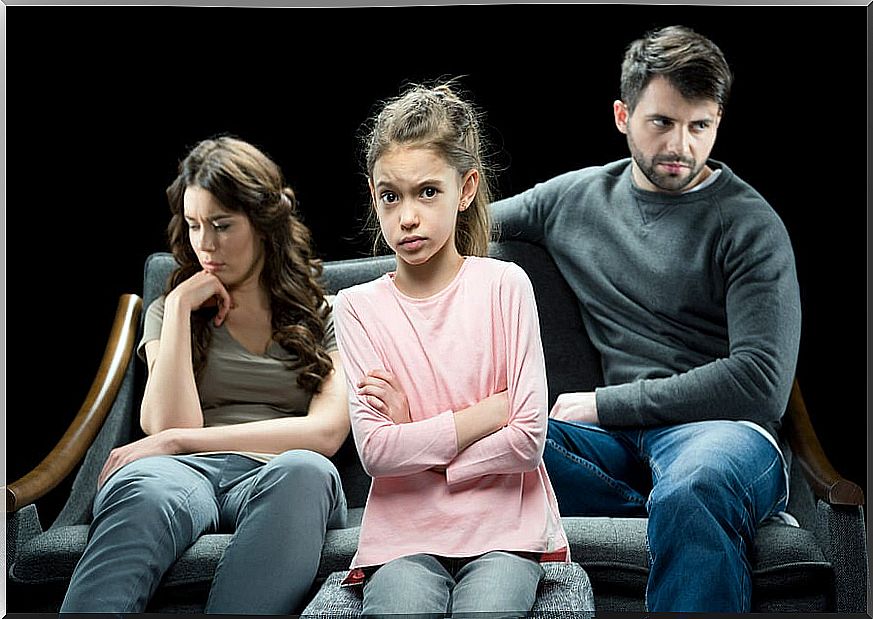
A divorce, be it amicable or contentious, does not modify in any way the obligations that the spouses previously had with the bank. This has been considered by the latest jurisprudence in force.
Neither the possible agreements between the spouses, nor the judgment of a judge on divorce, nor the Supreme Court itself may affect said obligations. In fact, the court does not rule on who should pay the mortgage after the divorce.
If the home that is the subject of the mortgage, generally the family home, is within the community property, the payment must be made at 50%. If it is exclusive to one of the spouses, it will be the owner of the home who must continue to pay the mortgage. And, if the ownership is shared, each one will make the payment based on the percentage of ownership.
Once the spouses have reached an agreement on the mortgage payment and it is registered in the divorce agreement, the bank can agree to change the conditions of the mortgage. But the decision must be accepted by the bank and a new deed must be signed.
Recent evolution of divorce agreements on mortgage payment
The spouse who is forced to leave the family home, generally the man, is not exempt from continuing to pay the mortgage. In the divorce agreements of recent years there has been a favorable evolution for him.
If we look at the recent past, in the years 1990 and 2000, many divorce agreements agreed to monthly mortgage payments according to the income of each spouse.
Traditionally, those with the highest income paid a higher proportion of the mortgage. And this, generally, was the husband, so it was common to see agreements in which the husband agreed to pay 80% and the wife 20%.
Sometimes it was even the husband who paid all the fees. The judges approved these agreements with all naturalness, since they assimilated the mortgage to a maintenance obligation in favor of the children.
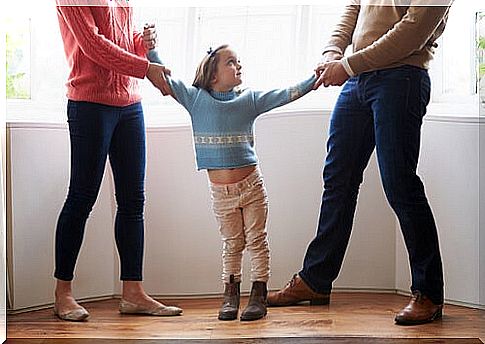
But in reality, it is not a family burden, but a marriage burden. In 2011, a Supreme Court ruling clarified the issue. The distribution of the mortgage must remain the same as when it was agreed with the bank before the divorce, regardless of the alimony for the children.
Who stays in the family home after a divorce with children?
Unless there is an agreement between the parties approved by the judge on who will keep the use of the family home after the divorce, it belongs first to the children. And, by extension, the spouse who stays with them. This occurs even when the home is the sole property of the departing spouse.
If some children stay with one of the spouses and others with the other, the judge will decide what he deems appropriate. When the judge determines joint custody, the use of the family home will fall to the spouse who needs it most due to their economic or health situation.


